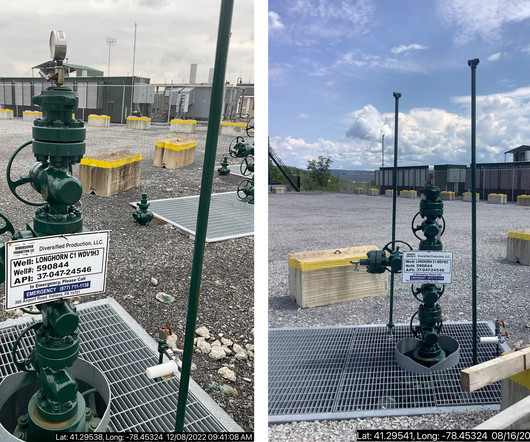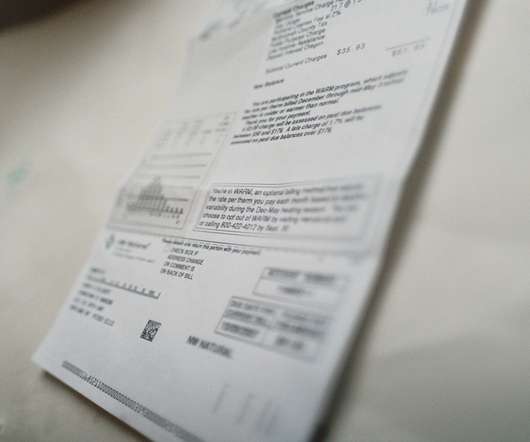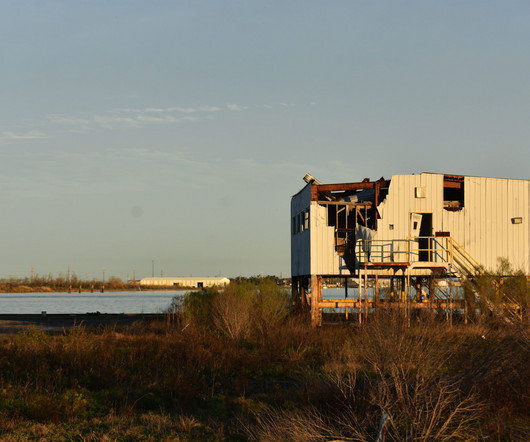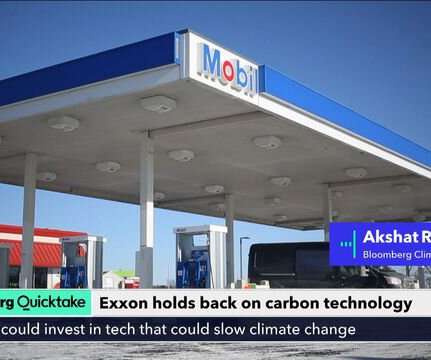Rethinking Future Investments in Natural Gas Infrastructure
GreenTechMedia
NOVEMBER 8, 2019
Cities and utilities across the United States are starting to reject natural gas — and not just for environmental reasons. San Jose, the tenth largest city in the country, recently joined a string of cities banning gas utility connections for new homes and buildings. Nonetheless, the rush to gas continues.





















Let's personalize your content